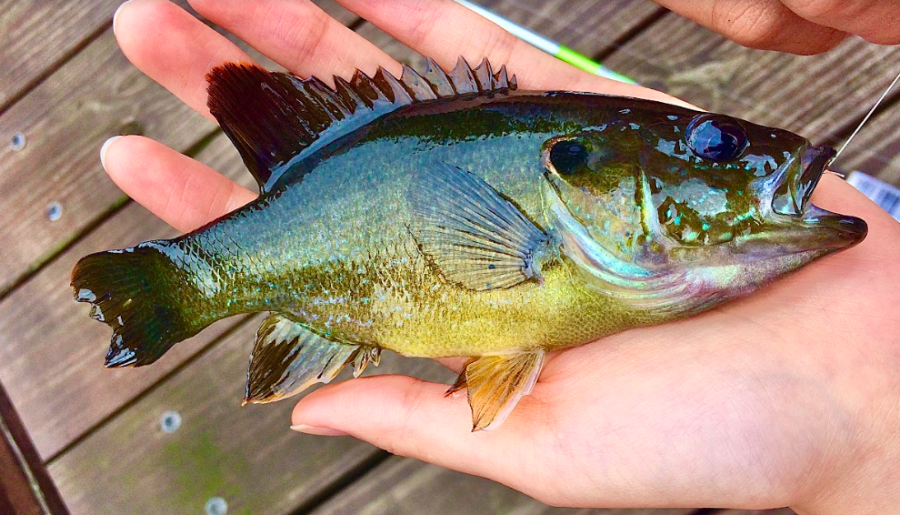If you take a walk around the Lyman Lakes or Cannon River these days, you can see many anglers. Indeed, with the nice weather and mosquitoes not out yet, fishing could be the most enjoyable activity in nature around the waters.
Fish are pretty abundant in the Lyman Lakes, and they primarily come from four families. There are the sunfishes (Centrarchidae) such as crappies, bluegills and green sunfish; the catfishes (Ictaluridae) such as black bullheads; the suckers (Catostomidae) such as white suckers; and the carp (Cyprinidae) such as golden shiners and common carp. The Cannon River has more species in these families and others, including the highly sought-after walleye and northern pike.
Of all these species, the common carp is the one that is non-native and invasive. One can frequently see them in Lyman Lake because they are huge and easy to spot when the lake is clear, and they frequently jump out of the water. Common carp are voracious feeders that churn up lake sediments, which stimulate algal blooms. They uproot aquatic vegetation, hence increasing water turbidity. Their burrowing also destroys habitats for native waterfowl, fish and amphibian species. Thankfully, their population can be kept in check by an abundance of bluegills, which eat carp eggs and larvae.
An environmentalist might also worry about overfishing given the popularity of the activity. To address that concern, the Minnesota Department of Natural Resources conducts frequent surveys to monitor fish populations. The department also requires anglers to purchase fishing licenses and poses specific possession limits based on species and locations.
Thoreau once said, “Many men go fishing all of their lives without knowing that it is not fish they are after.” Like activities such as bird-watching and looking for wildflowers, fishing offers a meditative break from our busy lives and a way to immerse oneself in and connect with nature. Hopefully, everybody finds their own way to appreciate nature in the wonderful spring.
Walt Li ‘23, for the Cole Student Naturalists










